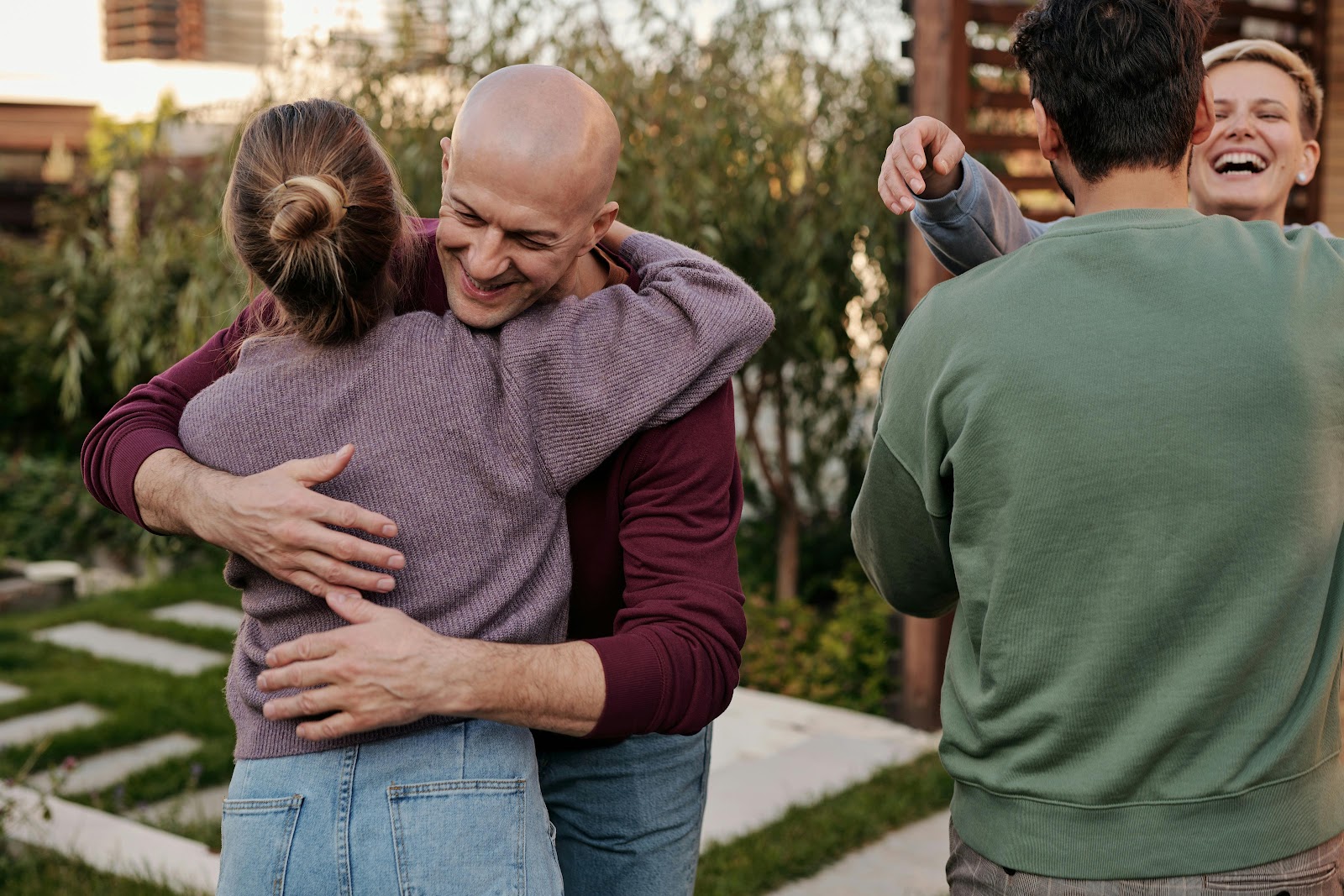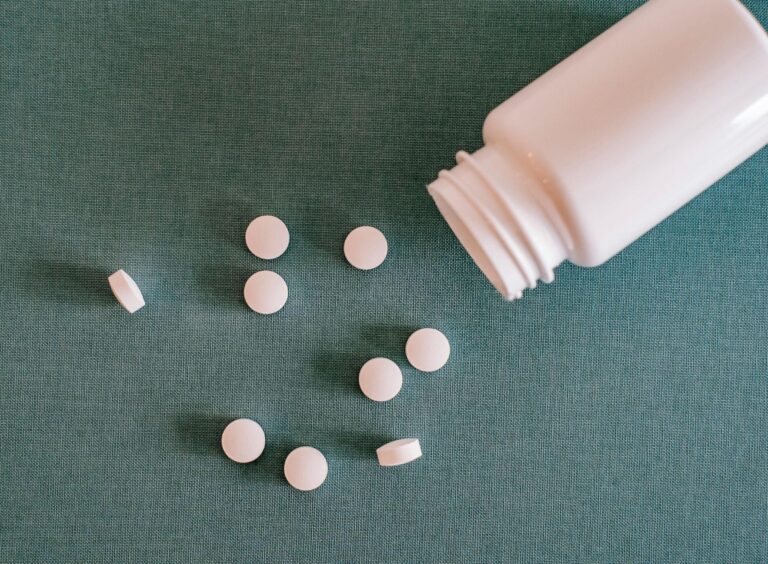Charting the pathway to recovery from opioid addiction can seem overwhelming, yet local resources offer a myriad of viable solutions. Local treatment centers, support groups, and counseling services provide a network of critical assistance. Each of these avenues, whether it be detox programs, peer connections, or therapeutic interventions, offers unique strategies to combat the grips of addiction. Yet, it’s important to understand how to choose the right resources and how they function within the broader context of recovery. The journey ahead may be challenging, but with the right guidance, it is unquestionably attainable.
Local Opioid Addiction Treatment Centers
Steering the path to recovery can be an intimidating journey, but local opioid addiction treatment centers provide a beacon of hope. These centers help individuals struggling with opioid addiction to navigate the challenging road to sobriety. They offer a range of services, including detox programs and medication-assisted treatments, tailored to the unique needs of each patient. Detox programs are a fundamental step in the recovery process. They involve the careful and monitored withdrawal from opioids, ensuring that patients do so safely and with minimal discomfort. By using advanced medical methods, these programs work to cleanse the body of harmful substances, preparing it for the subsequent stages of recovery.
Detox programs are often the first step towards a healthier, drug-free life and provide a solid foundation for the rest of the treatment plan. Medication-assisted treatment is another essential service offered by local opioid addiction treatment centers. This approach combines traditional therapy techniques with the use of approved medications to create a thorough treatment plan. Medications like buprenorphine and naltrexone are commonly used to help manage withdrawal symptoms and reduce cravings, making the recovery process less intimidating. Local opioid addiction treatment centers are a pivotal resource for those seeking to overcome opioid addiction. They provide a compassionate and professional environment where individuals can begin their journey to recovery.
Support Groups in Your Area
While local opioid addiction treatment centers provide a strong foundation for recovery, additional support networks such as local support groups also play a significant role in the journey towards sobriety. These groups offer an invaluable platform for individuals battling addiction to share their experiences, challenges, and victories, fostering an environment of empathy and acceptance that encourages the healing process. Peer support is a central pillar of these local support groups, providing a unique form of assistance that complements professional treatment. These are individuals who have walked the same path and can provide firsthand insights, practical tips, and emotional encouragement to their peers.
They help to normalize the experiences and feelings associated with recovery, reducing feelings of isolation and hopelessness. Local support groups also serve as recovery resources, offering information about further treatment options, coping strategies, and relapse prevention techniques. They often have relationships with local health professionals and organizations, allowing them to refer members to additional resources as needed. Many groups also provide educational materials and workshops to help members better understand their addiction and the recovery process. Whether you choose to join a large, established organization or a smaller, grassroots group, support groups offer an essential layer of support in the recovery journey.
Counseling Services for Opioid Addiction
An overwhelming majority of individuals grappling with opioid addiction can benefit profoundly from professional counseling services. These services offer effective tools and strategies to manage the addiction, build resilience, and create a supportive path towards recovery. Individual therapy is an integral part of these services. It offers a safe and non-judgmental space where individuals can explore the factors that led to their opioid misuse and work on their personal growth and sobriety. This form of therapy can be tailored to meet the individual’s unique needs and can include cognitive-behavioral therapy, motivational interviewing, or other therapeutic approaches.
In addition to individual therapy, family counseling plays a pivotal role in the recovery process. Addiction is not just an individual struggle; it affects the entire family dynamic. Through family counseling, loved ones can learn how to provide effective support, understand the nature of addiction, and work on rebuilding trust and communication. This can greatly enhance the individual’s motivation for recovery and reduce the chances of relapse. Many counseling services for opioid addiction are available locally, including outpatient clinics, community health centers, or specialized addiction treatment clinics. Some may offer sliding scale fees or accept insurance for accessibility.

Final Thoughts
In conclusion, local opioid addiction treatment centers, support groups, and counseling services are vital resources for combating opioid dependence. These options provide medication-assisted treatments, peer connections, and therapeutic support, fostering recovery in a community setting. The availability of flexible payment options at many centers and clinics further guarantees that these essential services are accessible to those in need. Consequently, seeking local help paves the way towards recovery and a healthier future.
At Altitude Recovery, we’re here to elevate you from the challenges of substance use to a place of lasting resilience and renewal. Our dedicated team crafts personalized, evidence-based treatment plans, guiding you on a journey uniquely tailored to your needs and goals. Reach out for the compassionate support you deserve on your path to wellness by contacting us. Follow us on Facebook for more insights, resources, and stories of hope as we walk alongside you towards recovery.
Frequently Asked Questions
What Is the Cost of Opioid Addiction Treatment?
The cost of opioid addiction treatment varies widely depending on the treatment methods used and the level of recovery support provided. It can range from free community-based support groups to thousands of dollars for private residential treatment centers. Most health insurance plans cover at least a portion of the cost. It’s essential to evaluate not just the financial expense, but the invaluable benefit of a healthier, drug-free life.
Are There Alternative Treatments Available for Opioid Addiction?
Yes, there are alternative treatments available for opioid addiction. One such practice is meditation therapy, which aids in stress management and promotes mindfulness. This, in conjunction with nutritional support, can improve overall health and bolster the body’s ability to cope with withdrawal symptoms. These treatments can serve as effective supplements to traditional medical interventions, providing an all-encompassing approach to overcoming opioid addiction. It is recommended to consult healthcare professionals for personalized advice.
Can Insurance Cover the Cost of Opioid Addiction Treatment?
Insurance policies often cover the cost of opioid addiction treatment. Coverage may include inpatient or outpatient rehabilitation, counseling, medication, and follow-up care. However, the extent of coverage varies based on the specifics of the individual policy and the treatment options chosen. It’s essential to consult with your insurance provider to understand what services are covered and any potential out-of-pocket costs. Getting treated for opioid addiction is a step towards a healthier life.
How Long Does the Average Treatment for Opioid Addiction Last?
The average treatment duration for opioid addiction varies greatly, dependent on individual circumstances and the severity of addiction. However, according to the National Institute on Drug Abuse, effective outpatient or residential programs typically last for at least 90 days. It’s essential to remember that recovery is a long-term process, and the timeline for achieving lasting sobriety extends beyond the initial treatment period.
What Are the Potential Side Effects of Opioid Addiction Treatment?
The potential side effects of opioid addiction treatment can vary based on the methods used. Medication management, a common approach, may cause physical reactions like nausea, headaches, and constipation. Therapy options, such as cognitive-behavioral therapy or group therapy, could trigger emotional responses, including anxiety or feelings of vulnerability. However, these side effects are often temporary and can be managed under the guidance of professional healthcare providers.




